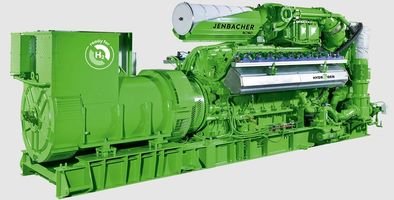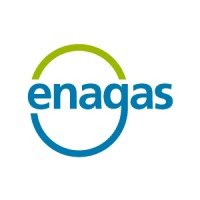Hyosung selects Innio hydrogen technology for power plant in Korea
Hyosung also plans to establish a green hydrogen production line using renewable energy such as wind and solar power.

Hyosung Heavy Industries has selected Innio’s Jenbacher ‘Ready for Hydrogen’ engine technology for its first pilot power plant project in South Korea.
The pilot hydrogen power plant will be built at the Hyosung Chemical Yongyeon Plant in Ulsan, South Korea, and will become the first 100% hydrogen power plant in the Asia-Pacific. It will run on hydrogen produced as a byproduct at the chemical plant, which is usually sold to an industrial gas company. The project is expected to achieve commercial operation in the third quarter of 2022 and complete the demonstration by the end of 2022.
The pilot power plant using Innio Jenbacher technology will be the second power plant in the 1-MW range that can be fueled with 100% hydrogen. The first Jenbacher 150-kilowatt pilot engine ran on 100% hydrogen at a demonstration plant in northern Germany, and two decades later, in 2020, Innio and HanseWerk Natur demonstrated the world’s first hydrogen engine using variable hydrogen and natural gas mixtures up to 100% hydrogen on an Innio Jenbacher engine.
Olaf Berlien, CEO of Innio, said, “Innio launched its ‘Ready for Hydrogen’ portfolio to meet customers’ demands for sustainable solutions, such as at Hyosung, to establish hydrogen-based power generation.”
Park Jeong-Ha, GM at Hyosung, added, “Our climate change response strategies have set the goal of reducing emissions and energy consumption while increasing energy efficiency.”
Early this year, Hyosung Heavy Industries and Linde launched a hydrogen business vision and broke ground for a liquid hydrogen plant at Hyosung Chemical’s plant in Yongyeon, Ulsan. Linde Hydrogen Energy Co., Ltd., a joint production venture of Hyosung and Linde, will build a 13,000 tonnes liquid hydrogen plant at Hyosung Chemical’s Yongyeon plant, which will start operation in May 2023. In addition, Hyosung Heavy Industries will invest 1 trillion won over the next five years to increase its liquid hydrogen production capacity to 39,000 tonnes.
